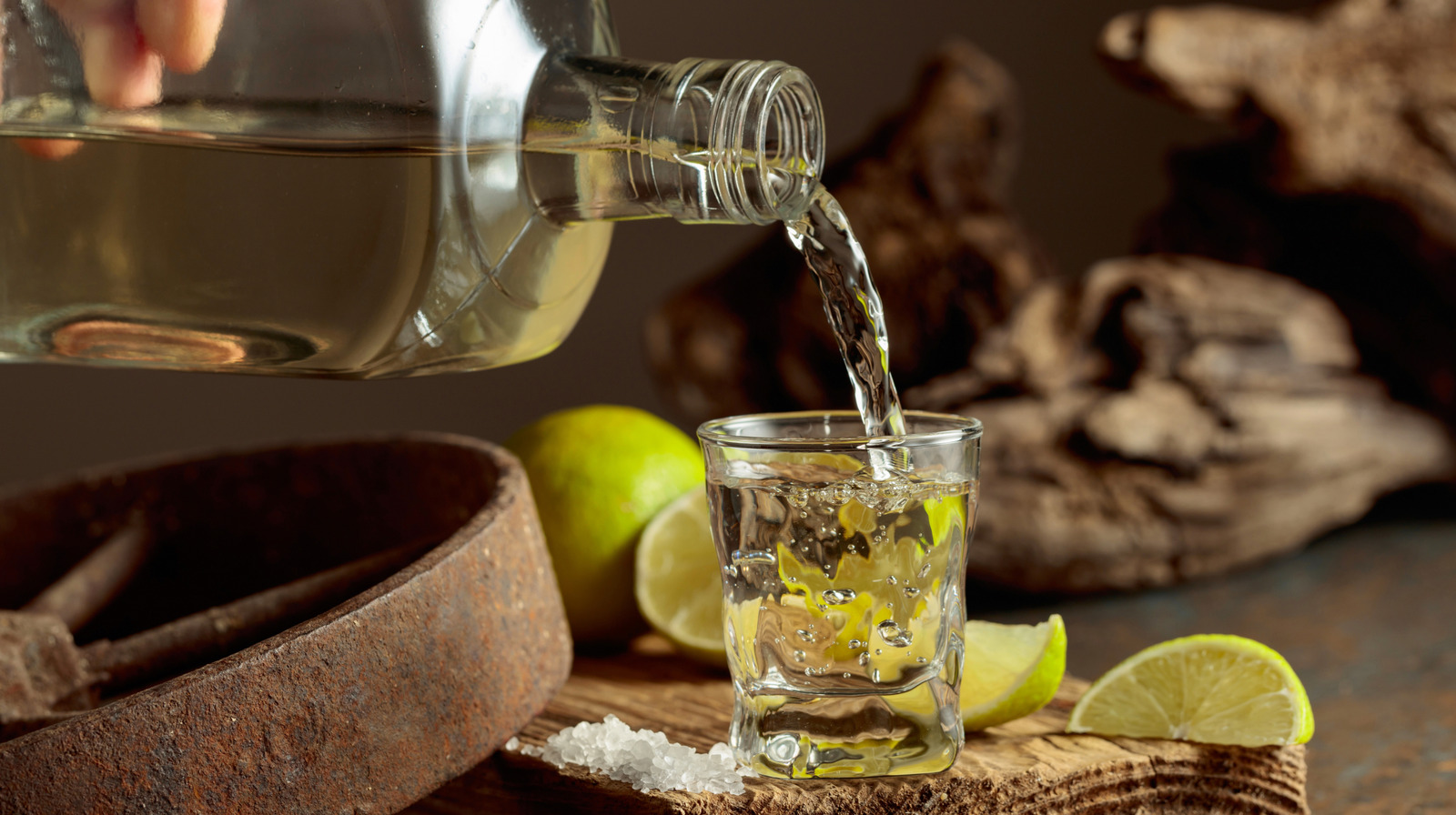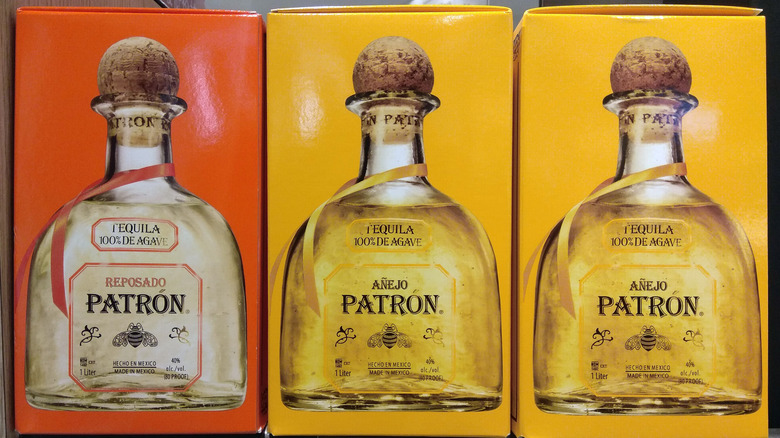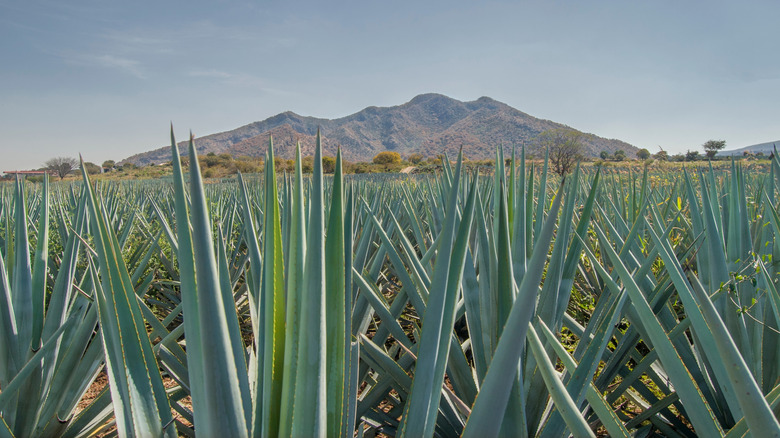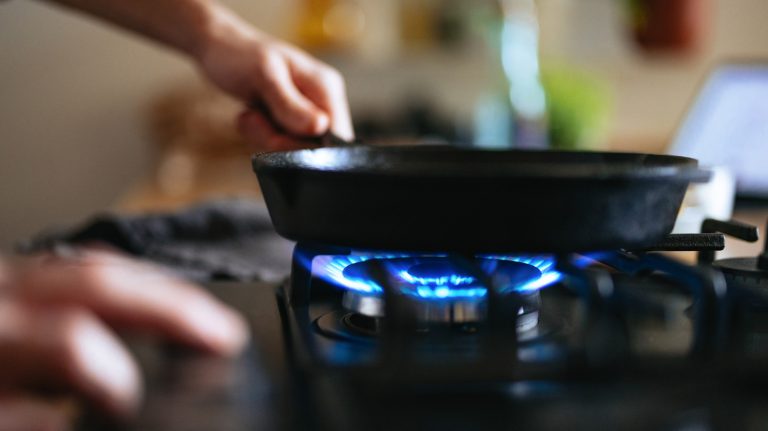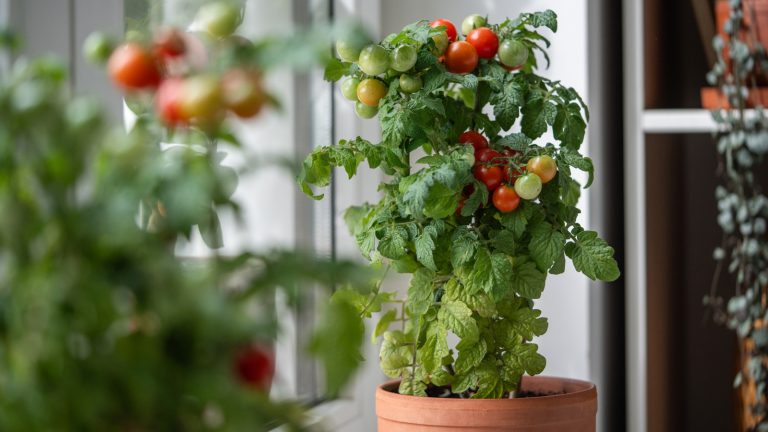All tequila is made from three things: Blue Weber agave, water, and yeast. But according to Grover Sanschagrin, a leading additive-free tequila expert, there may be something else in that bottle of “100% agave” tequila that distilleries don’t have to tell you about. “Our estimate is that 85% of tequilas available in the marketplace contain some sort of additive,” Sanschagrin told Chowhound, with examples ranging from caramel color to artificial sweeteners such as aspartame and even propylene glycol. The Consejo Regulador del Tequila, a non-governmental organization responsible for regulating the tequila industry, allows tequila makers to use additives — without disclosing that fact — as long as they make up less than 1% of the tequila’s weight.
While additives in tequila aren’t inherently bad (some distilleries use them to maintain consistency or to boost flavor profiles), some consumers prefer a totally natural product and believe additive-free tequila offers a truer drinking experience. The real problem is a lack of transparency around additive use and the inability of the tequila brands that don’t use them to fully advertise this — just as consumer interest in additive-free spirits, including tequila, is on the rise. Bacardi’s Global Consumer Survey for 2025 found 61% of consumers worldwide would choose an additive-free spirit given the option. “The rise of the additive-free conversation shows that there’s a meaningful shift happening in what people care about when it comes to the products they consume,” David Alan, director of trade education and mixology at Patrón, told Chowhound.
No additive-free labeling allowed
If you peruse the label of a tequila bottle, you won’t find anything about whether it’s additive-free. The CRT briefly began an additive-free certification program in October 2024 with Patrón being the first brand to state it was additive-free on its labels. Then the organization reversed course and killed the program. “The CRT requested that we remove the seal — we did so to comply with [its] regulations,” David Alan said. “While it remains uncertain if the CRT will ever reinstate an additive-free seal, what we know is that we remain committed to transparency and educating consumers on what is in our tequila.”
Meanwhile, Grover and Scarlet Sanschagrin had their own additive-free agave spirits testing program as part of their non-profit, Additive Free Alliance, which began in 2020. They provided testing and certification that included an additive-free sticker that distillers could put on their labels. The CRT pushed back hard and threatened distilleries that used the label, among other actions, including filing a lawsuit against the Additive Free Alliance and a related entity for allegedly falsely certifying tequilas. But, Grover said, they had already stopped any activities related to additive-free certification seven months before the CRT filed its suit. The Sanschagrins are also behind Tequila Matchmaker, a mobile app that’s one of the industry’s most in-depth resources.
The true taste of tequila
Despite the CRT’s stance on labeling, Patrón is vocal about its additive-free production standards. “We believe consumers deserve transparency,” David Alan said. “We’re proud that we do not add extra components to our tequila and our secret ingredient is we have no secret ingredient; no fine print, just 100% Weber Blue [sic] agave, water, and yeast.” Patrón’s award-winning cristalino attests to its dedication to craft. Cristalino, while clear like a blanco, is actually an añejo that’s been aged in four different casks before being filtered through wood charcoal. It makes for an ultra-smooth tequila that’s still chock-full of baked agave, vanilla, and oak flavors. Herradura is another well-known brand that’s additive-free. Its reposado is aged in American white oak barrels for 11 months and has notes of vanilla, roasted agave, and butterscotch.
Some smaller distilleries include Lalo, founded by the grandson of Don Julio González, which is focused on its blanco made with Blue Weber agave, deep-well water, and champagne yeast. It has a clean, agave-rich flavor. Don Fulano, a farm-to-bottle distillery, features a nice range of award-winning products. Maestro Dobel is another distillery that’s painstaking in its production. Its blanco is light and bright with notes of maple and honey. Dulce Vida, a certified organic brand, has a core range that includes an añejo that’s aged in American oak whiskey barrels with flavors of oak, agave, and cinnamon. Once you’ve tried them, you may find yourself a convert to additive-free tequila.


